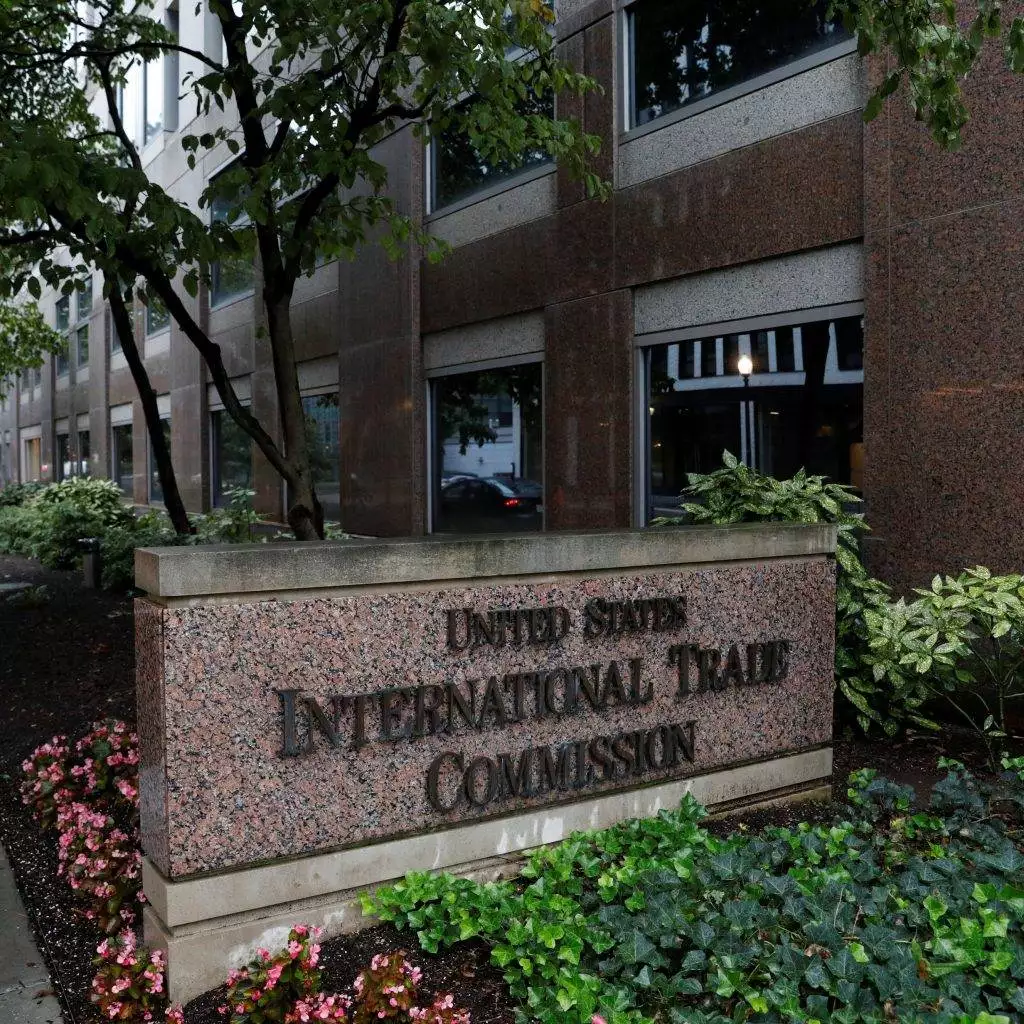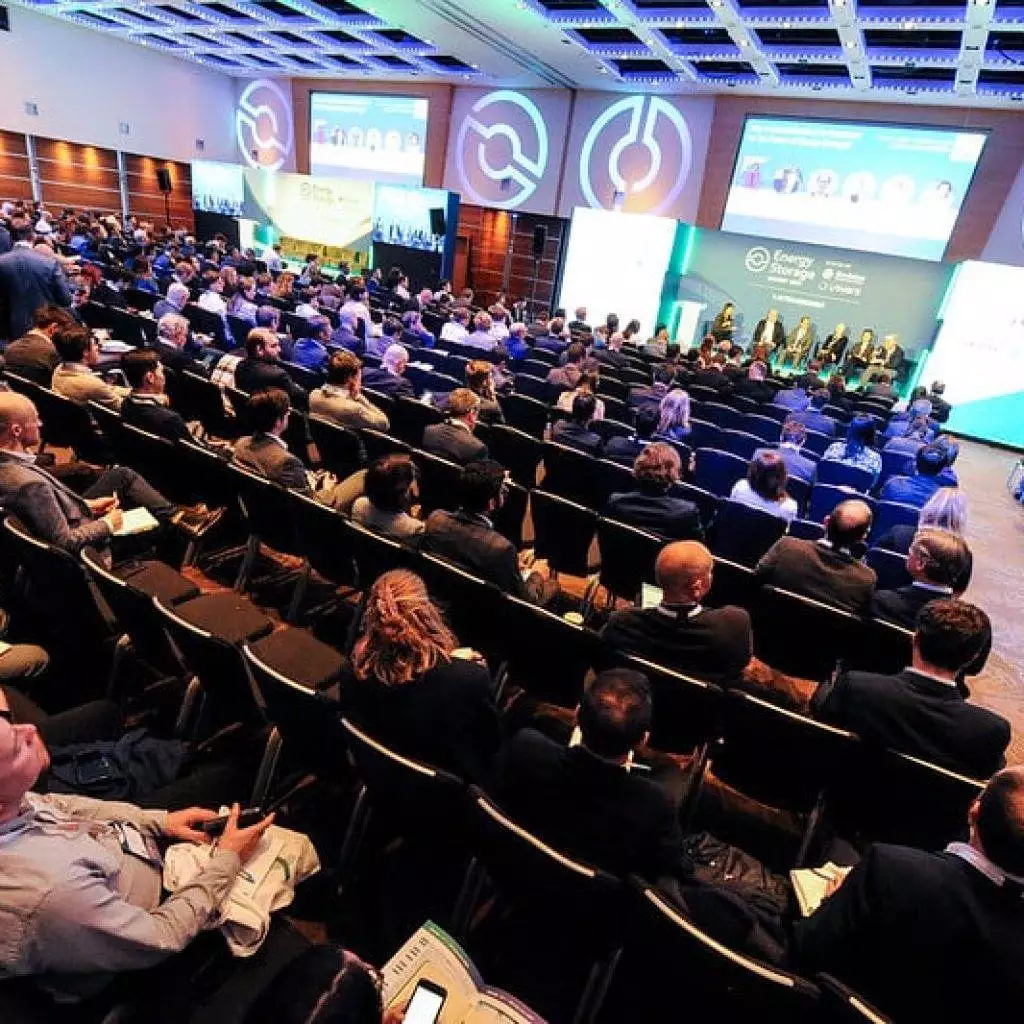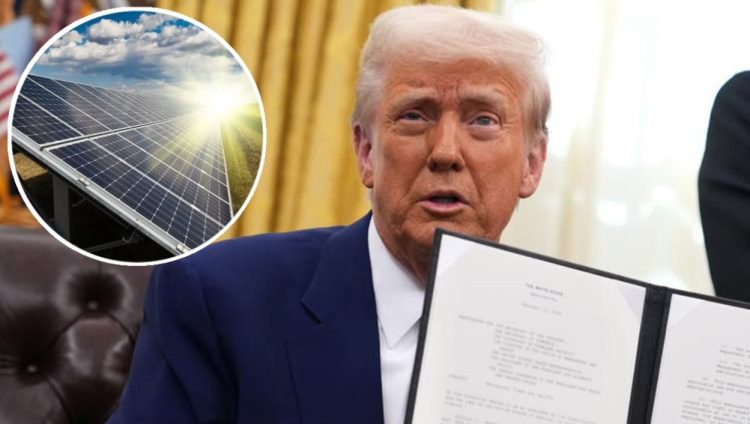The U.S. is gearing up to slap huge tariffs, up to 3,521%, on solar panels coming from southeast Asia.
Meanwhile, the International Energy Agency (IEA) says we still haven’t really learned from the energy crisis after Russia invaded Ukraine.
The US plans to tax southeast Asian solar panels
The Commerce Department kicked off an investigation last year after some U.S. solar companies said Chinese firms were dumping cheap, government-backed panels into the market.
These panels were coming out of factories in Cambodia, Thailand, Malaysia, and Vietnam.
Cambodia gets the highest penalties
Cambodia is getting hit the hardest.
Their companies didn’t take part in the investigation, so their solar products are being taxed at 3,521%.
Malaysia and Thailand are affected too
In Malaysia, panels made by Chinese company Jinko Solar face a 41% tariff.
In Thailand, Trina Solar is looking at a 375% tariff on its goods.
A final decision is still pending

But these numbers aren’t final yet.
The International Trade Commission will make the last call in June.
US and Korean companies filed the complaint

This whole thing started when Hanwha Qcells, First Solar, and a few other U.S. makers said these Chinese-backed factories were selling below cost because of unfair subsidies.
Critics think the tariffs might backfire
Not everyone’s on board.
The Solar Energy Industries Association says the tariffs could hurt American producers too, since many U.S. factories use those imported solar cells.
The IEA says lessons from Ukraine were missed
IEA head Fatih Birol, co-hosting a big energy summit in London, says governments still haven’t caught on.
Birol told the Financial Times he thought the “lessons from Ukraine have not yet been fully understood”, adding that there were three golden rules for energy security: diversification of supplies, sufficient political predictability to allow companies to make long-term investments, and global cooperation.
Big players are gathering in London

Ministers from countries like the U.S., Japan, Germany, and India are attending, plus oil producers like Saudi Arabia and the UAE.
The oil and gas producers Shell, BP, ExxonMobil, TotalEnergies, Eni and Equinor are due to attend, alongside the wind energy companies Ørsted and Vestas, and utilities EDF, Enel, Octopus and Iberdrola.
Russia and China won’t be there
Russia isn’t invited, and China’s skipping the summit because of “calendar reasons.”
“We invited China, but unfortunately they were not able to accept due to calendar reasons,” said Birol. “We wish everybody was at the table, but the countries attending the meeting make up three-quarters of the world’s GDP, which in my view is not bad at all.”
Energy security is still fragile
Europe’s still relying on imported gas and the markets are shaky.
Birol said the trade war had caused “uncertainty which will affect demand for oil and gas for some time to come”.
He also warned about newer risks like cyberattacks, conflicts, and threats to undersea cables.
“There are traditional risks and emerging risks and these have to be more in the international debate,” he said.

















































